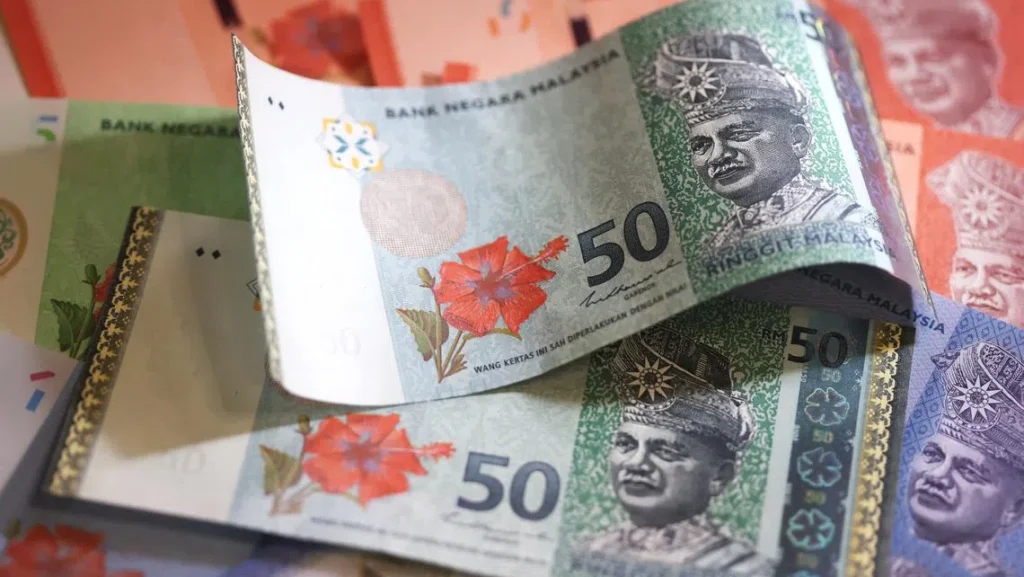The downstream clean energy sector in Indonesia is emerging as a highly promising investment destination, with projected investment potential reaching a staggering USD 3.6 trillion by 2060. This remarkable figure, equivalent to approximately IDR 50,000 trillion, underscores the vast opportunities within this growing industry. The projection was highlighted by Edy Junaedi, Deputy for Investment Implementation Control at Indonesia’s Investment Coordinating Board (BKPM), during the Executive Forum titled Exploring Key Sectors for Sustainable Investment in Indonesia. The event, held in Jakarta on Monday (November 18), was organized by Media Indonesia and attended by key stakeholders and experts.
Edy emphasized that the clean energy sector holds significant appeal for global and domestic investors, aligning with Indonesia’s strategic commitment to achieving net-zero carbon emissions by 2060. “The investment potential in the green sector is monumental,” he stated, adding that the focus extends beyond mere financial numbers. According to him, the government envisions investments that contribute to environmental preservation, community welfare, and long-term sustainability.
This vision resonates strongly with the global shift toward green economies, as nations worldwide intensify efforts to combat climate change. Indonesia is capitalizing on its rich natural resources to drive economic progress while transitioning to a sustainable energy framework. “Our optimism lies in leveraging clean energy investments as a pivotal driver for future economic growth,” Edy explained. “Global trends, such as the carbon tax and international agreements like the Paris Accord, are steering the world in this direction, and we are aligning our strategies accordingly.”
However, this ambitious transition to a green economy cannot be achieved in isolation. Edy stressed the critical need for collaboration across multiple government agencies and stakeholders. “The Ministry of Energy and Mineral Resources (ESDM), the Ministry of Environment and Forestry, and the Ministry of Industry must work in concert with the Ministry of Investment to ensure that these policies benefit Indonesia holistically,” he remarked. He further cautioned against unilateral policies that could disproportionately favor certain nations, urging a comprehensive and equitable approach to policy formulation.
Edy also highlighted the importance of regulatory frameworks that foster investment while safeguarding environmental and social interests. Indonesia’s unique position as a resource-rich nation gives it a competitive advantage, but leveraging this potential requires well-coordinated strategies and robust implementation.
The forum served as a platform for discussing how Indonesia can attract investments that align with global sustainability goals while delivering tangible benefits to its people. From fostering innovation in renewable energy technologies to creating job opportunities in green industries, the downstream clean energy sector offers an avenue for Indonesia to lead in the global green economy movement.
With the world increasingly rallying behind sustainable development, Indonesia’s proactive stance in embracing clean energy investments underscores its commitment to balancing economic growth with environmental stewardship. The challenge now lies in translating these ambitious targets into actionable outcomes that not only bolster the nation’s economy but also preserve its ecological heritage for generations to come.









